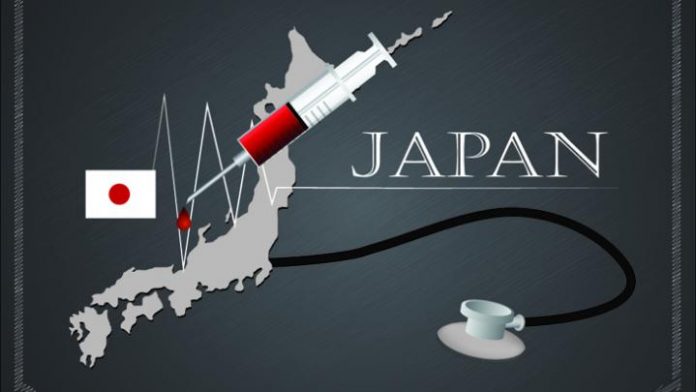The Japanese Ministry of Health will conduct a survey on the nation’s medical infrastructure for foreign patients.
The Japanese Ministry of Health will conduct the first large-scale survey on the nation’s medical infrastructure for foreign patients as part of efforts to improve services ahead of the 2020 Tokyo Olympics.
Targeting 4,000 hospitals and other medical facilities, the survey will assess records regarding foreigners’ past medical treatment. Foreign tourism soared to a record 19.74 million in 2015, causing medical demand to climb.
The ministry is hoping to use the results of the survey not only to improve medical services for foreign tourists and residents, but also to boost medical tourism. The survey will cover institutions in 300 municipal and prefectural governments, including those that accept emergency patients. It hopes to start compiling the information by the end of 2016, but it will be well into 2017 before the results are analysed and published.
In addition to the number of foreign patients accepted at each facility, the survey will determine the number of tourists and foreign residents, the ratio of those who can speak Japanese, as well as the availability of interpreters and coordinators to guide them through the process.
The survey will ask municipalities and prefectures about measures they are taking to promote the acceptance of foreign patients, as well as challenges faced in improving services.
Many foreign visitors complain there are only a few hospitals where they can communicate properly with doctors and nurses, and doctors have raised concerns about the difficulties in appropriately diagnosing or treating patients when there is a language barrier.
There is a shortage of medical interpreters and other personnel due to restraints on budgets and human resources. In 2014, the ministry launched a project that subsidises costs related to interpreters and the translation of medical records and letters of consent. But it does not know how many hospitals took up the offer.
Local governments have started to train interpreters, but standard interpretation can be inadequate or even dangerous when used for medical care.








 ©2024 All rights reserved LaingBuisson
©2024 All rights reserved LaingBuisson 


